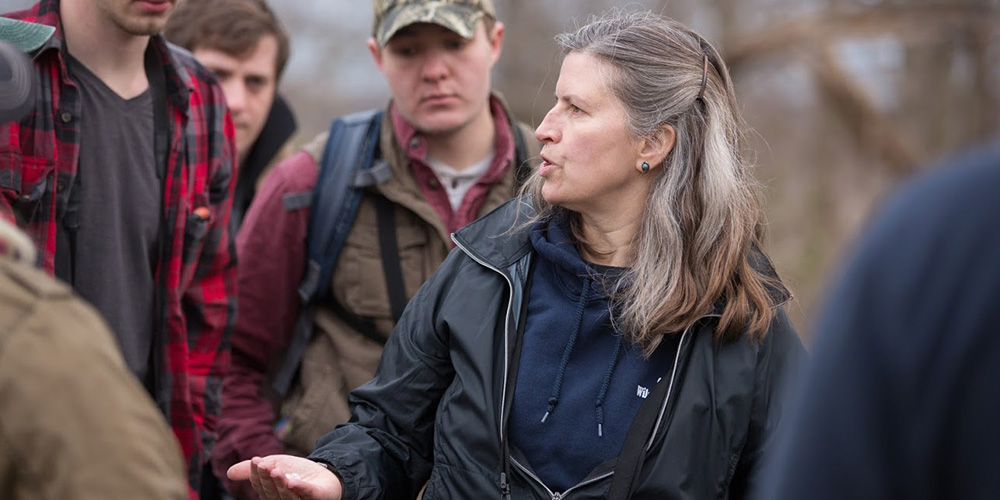About Fisheries and Wildlife Biology
Be ready to meet the growing need for fisheries and wildlife management professionals.
You have always been passionate about the outdoors and the work to serve and preserve the natural world. You can fulfill your dream of a meaningful career with the Bachelor of Science in Fisheries and Wildlife Biology at PennWest California.
This bachelor's degree program at PennWest California offers a broad core of courses focused on the biology and ecology of fish and wildlife, supplemented with courses in chemistry, physics, geography/geology and mathematics.
The fisheries and wildlife biology curriculum provides essential field opportunities through internships and undergraduate research projects. Its core content is enhanced by the breadth of the University's general education requirements.
Learn, specialize and prepare for professional certification.
The fisheries and wildlife biology degree program at PennWest California provides a broad-based curriculum that introduces you to the various techniques and philosophies of fisheries and wildlife management. Almost all courses include a laboratory portion where you'll study the practical application of scientific theories and learn how to apply the scientific method with inquiry-based investigations.
Our undergraduate curriculum includes those courses identified by the Wildlife Society and the American Fisheries Society as critical to becoming certified by either society upon graduation. This undergraduate program also incorporates many applied education experiences, so students can network with future employers and develop professional contacts. Many of our graduates continue their studies in graduate school, while others enter the workforce.



